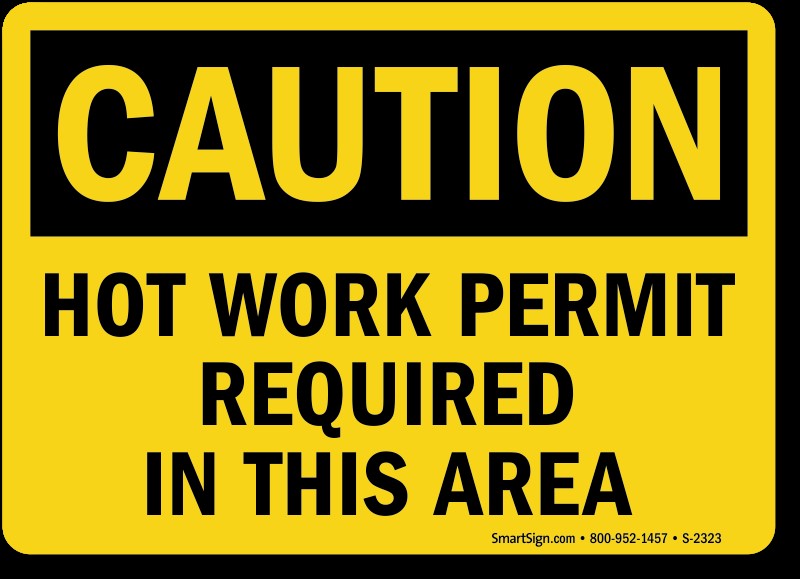
Permit to Work
A Permit to Work (PTW) course typically covers a variety of topics to ensure workers understand the PTW system, its importance, and how to implement it effectively in high-risk environments. Below are the typical content and topics of a PTW course:
1. Introduction to Permit to Work System:
- Purpose and importance of a PTW system.
- Legal and regulatory requirements.
- Key terminology and definitions.
2. Roles and Responsibilities:
- Responsibilities of permit issuers, permit holders, and supervisors.
- Coordination between departments and contractors.
3. Types of Work Requiring Permits:
- Hazardous work activities (e.g., confined space entry, hot work, electrical work, work at heights, etc.).
- Identifying when a PTW is needed.
4. Permit to Work Process:
- Permit application and issuance process.
- Documenting and reviewing permits.
- Revoking and closing permits.
5. Risk Assessment and Hazard Identification:
- Conducting job-specific risk assessments.
- Recognizing and mitigating potential hazards.
6. Communication and Coordination:
- Ensuring effective communication between workers, supervisors, and permit issuers.
- Hand-over procedures and maintaining records.
7. Safety Precautions and Control Measures:
- Personal protective equipment (PPE) requirements.
- Emergency procedures and incident reporting.
8. Monitoring and Auditing PTW:
- Monitoring ongoing tasks under PTW.
- Auditing and reviewing the PTW system to ensure compliance.
9. Case Studies and Practical Exercises:
- Real-life scenarios and practical exercises on implementing PTW.
- Case studies of accidents due to PTW failures.
This course is typically aimed at workers, supervisors, safety officers, and managers involved in hazardous work environments.

Benefits
A Permit to Work (PTW) course benefits both workers and industries by enhancing safety and compliance. For workers, it provides essential training on identifying hazards and following safety protocols, reducing the risk of accidents during high-risk tasks like electrical work or confined space entry. For industries, PTW ensures a structured approach to hazardous tasks, helping them meet legal safety standards, minimizing operational risks, and avoiding penalties. It promotes communication and coordination between departments, resulting in a safer workplace, fewer accidents, and improved productivity, ultimately benefiting both employees and the organization.
.png)



